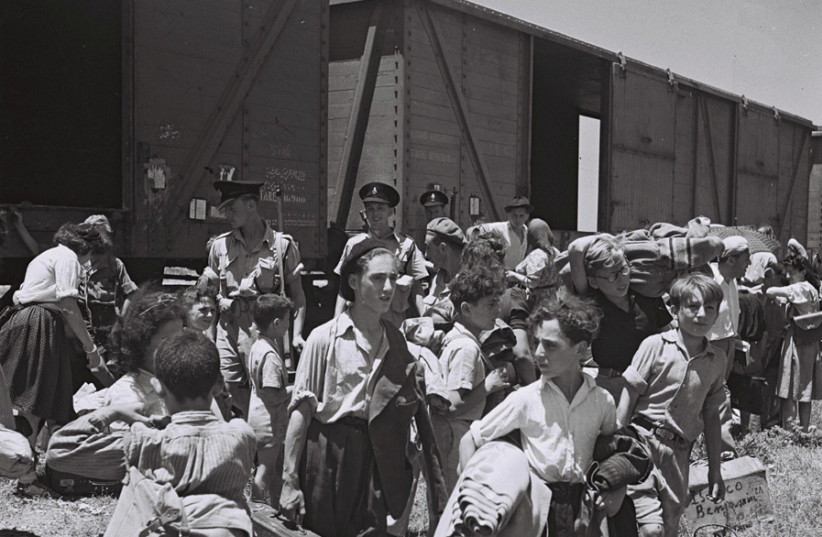Mordechai Papirblat, prisoner number 46794, one of the last prisoners of the Auschwitz camp, died on Tuesday at the age of 99. His funeral will be held on Thursday.
Papirblat was born in 1923 in the city of Radom, Poland, to a Jewish tradition-keeping family. When he was 10 years old, he immigrated with his family to the capital city of Warsaw, where he attended school until moving to the city ghetto at the outbreak of World War II.
Together with his brother and sister, he managed to escape from the ghetto and reached the village where their family members lived, but their parents stayed behind and died.
Papirblat was captured on July 10, 1942, and taken to the Auschwitz labor camp, where he received the prisoner number 46794.
He was a prisoner and worked in hard labor for a period of about 900 days until he managed to escape from the death march at the end of January 1945. Papirblat was one of the few who managed to survive for such a long time in the camps.

"I survived several selections," Papirblat said in his testimony, "I was employed in very difficult jobs. In January 1945, the German guards took all the camp prisoners on a death march towards Germany. About a week later, on the verge of exhaustion, I managed to escape."
“I was employed in very difficult jobs. In January 1945, the German guards took all the camp prisoners on a death march towards Germany. About a week later, on the verge of exhaustion, I managed to escape.”
Mordechai Papirblat
A new life in Israel
"I wandered for two weeks on the way back to Poland, to my hometown Radom. After not finding any of my family members alive there, I joined a group of war survivors and by illegal immigration, we arrived in Palestine, in January 1946," he said.
In the country, he was hired as an apprentice at a printing house. When the War of Liberation broke out in 1948, as a member of the Haganah, he was recruited to the Givati Brigade and was wounded in one of the operations in the south of the country.
After a long recovery, he began working at "Yediot Aharonot" and over time, reached the senior rank of a permanent position on the front page of the newspaper, a position that was common in the country at the time.
In 1954 he married Sima and they had two sons, three grandchildren and four great-grandchildren. In recent years, Papirblat used to tell, mainly to teenagers, about his survival journey, which he also recorded in the book "The Carp Smuggler." His book was later also translated into German and distributed for sale in Germany.
